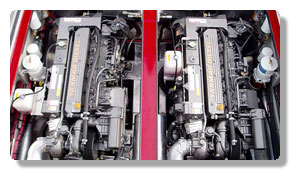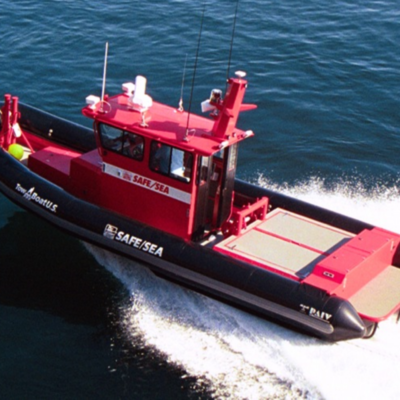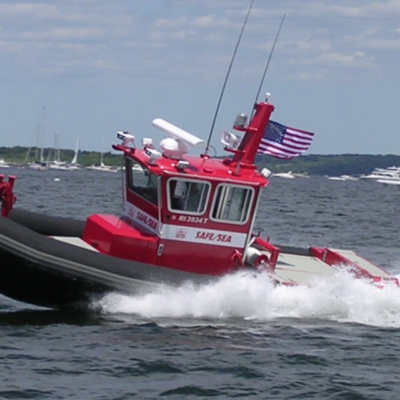Environmentally Friendly Engine Maintenance
It is not infrequently that we see a small fuel sheen on the water surface near boats. Although it may be only a tiny amount from some boats, the cumulative impacts can be devastating. Once in the marine environment, oils and fuels have a tendency to accumulate in bottom sediments and concentrate in marine organisms. These harmful substances commonly enter the marine environment through improper engine maintenance techniques and waste fluids disposal practices.
You can play an important role in protecting water quality while performing routine engine maintenance by following the simple tips listed below.
Boater Tips:
1. Routine Engine Maintenance
Keep engines properly tuned for efficient fuel consumption, clean exhaust, and economy.
Keep your engine clean. It makes it easier to spot and correct small leaks before they become big problems.
Keep an oil absorption pad in the bilge or below the engine to collect spilled products.
When undertaking maintenance, wipe up spills so that they do not get pumped overboard with bilge water.
For spill-proof oil changes, use non-spill pump systems that remove crankcase oils through the dipstick tube. Many marinas have these systems available for your use; check with them.
In order to catch the oil traditionally spilled during filter removal, slip a plastic bag over the filter and then remove it.
Keep the use of engine cleaners to a minimum. Parts cleaning should not be done in the bilge or over open ground. It should be done in a container or parts washer where the dirty fluids can be collected and recycled.
Use the orange-pink colored propylene antifreeze, which is nontoxic, rather than the blue-green colored ethylene glycol, which is toxic and can kill animals that ingest it.
Keep fuel tanks full during winter storage to reduce condensation buildup.
Consider adding a fuel stabilizer so that you will not have problems disposing of stale fuel in the spring.
Do not discharge oil into the water - it is prohibited by law. All boats 25 feet or longer are required to have a sign regarding oil pollution control regulations posted in the engine compartment. These signs are available at most marine supply stores.
2. Waste Disposal
Never dump waste oils and engine coolants on the ground or into storm drains, dumpsters, and/or open waters.
Most marinas and towns have specific disposal facilities for waste oils and associated byproducts, such as filters and absorptive materials. Ask about them, and use them.
When disposing of petroleum-based products, such as fuels and engine oils, keep them separate from each other and from other substances, such as antifreezes, solvents, and water. This lowers the disposal cost charged to your collection facility for contaminated wastes.

-

Premier Membership
$175.00 – $322.00 Select options This product has multiple variants. The options may be chosen on the product page -

Elite Membership
$224.00 – $371.00 Select options This product has multiple variants. The options may be chosen on the product page
